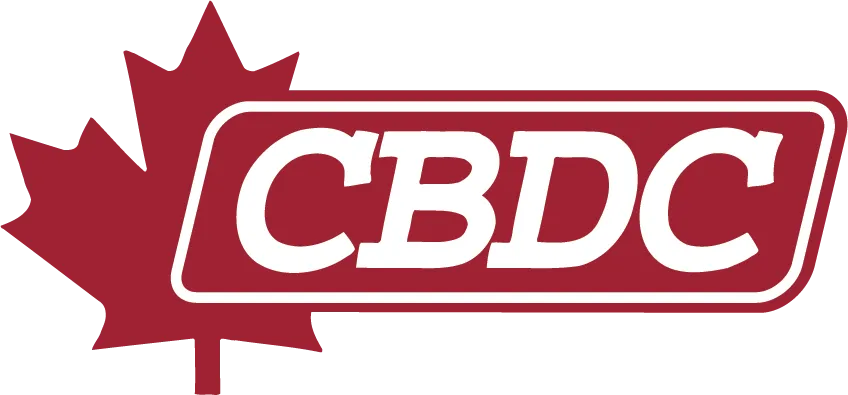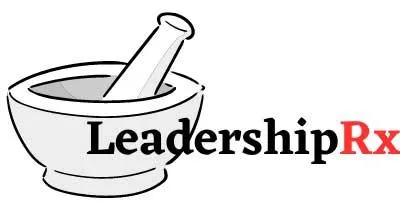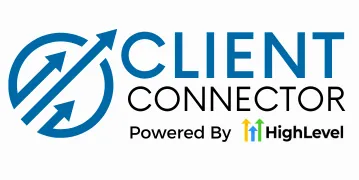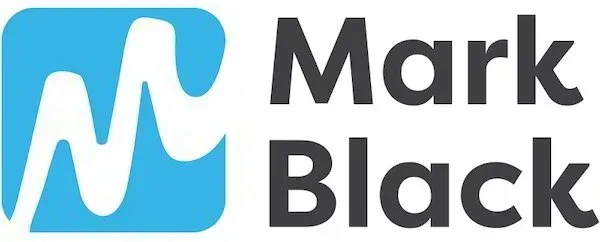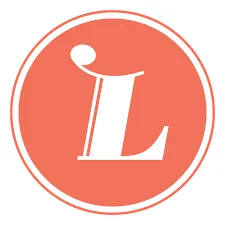MARCH 25TH | TRURO, NOVA SCOTIA
Turning Tides
Ask The Experts
ONLINE SESSION REPLAY
Lessons from the Turning Tides: Expert Panel Insights
The Turning Tides 'Ask The Experts' panel brought together a fantastic group of experts, each with unique backgrounds and valuable insights on business challenges. Here's a closer look at some of the wisdom shared by Ravi Tangri, Tyler Hayden, Mark Black, and Wendy Brookhouse, covering questions from business owners about tackling seasonality, cash flow, resilience, and more.
Q&A Highlights
Guest: "I struggle to find enough work during the winter months. I get lots of business in the spring and summer, but winter is a slow time. Any thoughts?"
Tyler Hayden: Tyler shared practical ideas from his experience managing cyclical work patterns. He emphasized looking at existing clients as a resource for building more consistent work throughout the year. His advice? "Upsell your current clients to extend services into different seasons." For example, if you're busy in the summer, consider extending into winter by offering services like snow removal. Tyler also encouraged considering referrals to fill the seasonal gaps, noting, "Offer small discounts for services during quieter months to encourage work during those times."
Mark Black: Mark had another approach: "Have you considered a subscription model?" He explained how moving to a "pay me X amount monthly, and I'm on call for whatever you need" system could help create more stability. He pointed out, "You'll find some clients will barely use your services, but they value having the safety net of knowing you're available."
Wendy Brookhouse: Wendy echoed the idea of creating recurring revenue. "Think of ways to build a predictable cash flow by establishing monthly income streams. It's about waking up on January 1st knowing you already have income coming in," Wendy said. This is especially valuable in businesses that otherwise need to "resell" their services constantly.
Cash Flow Challenges and Money Mindset
Guest: "I run an educational program with two yearly intakes. The cash flow fluctuates, and I feel anxious during low-revenue periods. How can I manage this better?"
Tyler Hayden: Tyler talked about making the most of the "off-season." He shared, "During slow months, I go into production mode. I take what I've created during busy times and repurpose it—whether it's turning content into books, posters, or even games." He suggested exploring opportunities like licensing content to other organizations, which can bring in additional revenue without much ongoing effort.
Wendy Brookhouse: Wendy, drawing on her work in continuing education, suggested moving towards an on-demand model. "In my industry, we see a lot of sales come in right before a deadline. Consider offering a subscription option for clients who want access anytime." This could provide steadier income and reduce the pressure during slower periods.
Mark Black: Mark also shared a valuable tip around mindset. "I was once advised to connect income with giving back. If you pledge to donate a percentage of what you earn to causes you care about, it changes your relationship with money. More money means more giving." This resonated with the guest, who found comfort in thinking of profits as a way to amplify positive impact.
Moving the Needle in Business
Guest: "I want to grow my speaking career and make it sustainable. What's the single biggest thing that helped you move from just paying bills to real success?"
Tyler Hayden: Tyler emphasized the importance of being excellent at what you do. "You have one hour to be the best you can be," he said, suggesting that customizing content to each audience can make a big difference. He also shared his "Ikea approach": "Build everything you do in 15-minute increments so you can mix and match content for different clients." Most importantly, Tyler stressed that sales are key. "80% of this business is sales. Always be asking for the next gig."
Mark Black: Mark added, "Focus on creating a core presentation that you can tweak for different audiences, but essentially it's one masterful piece of material." He noted that becoming truly great at a core talk can make it easier to market yourself and book more engagements. "The real job of a speaker is marketing and sales—the speaking part is the fun reward at the end."
Wendy Brookhouse: Wendy spoke about building relationships before and after an event. "I offer pre- and post-workshop calls to establish trust before I even get in the room and to keep the relationship going afterward. It’s about showing people how they can keep being part of my world."
Building Community and Legacy
Wendy Brookhouse: Wendy also touched on the idea of building a legacy. "Especially in rural economies, we need to think about how to make our businesses sellable or transitionable. It’s about ensuring continuity for the community and creating a legacy that supports future generations."
Ravi Tangri: Ravi concluded by summarizing the theme of leveraging what you have. "If you can engage your existing clients and create consistent, recurring value for them, you’re already on your way to creating a stable, successful business."The insights shared by the panelists were practical, thought-provoking, and rButtonooted in real experiences—all aimed at helping business owners navigate their unique challenges and build more resilient businesses.
YOUR EXPERTS
BECOME A PARTNER
Copyright 2026. Turning Tides Leadership Conference. All Rights Reserved.
